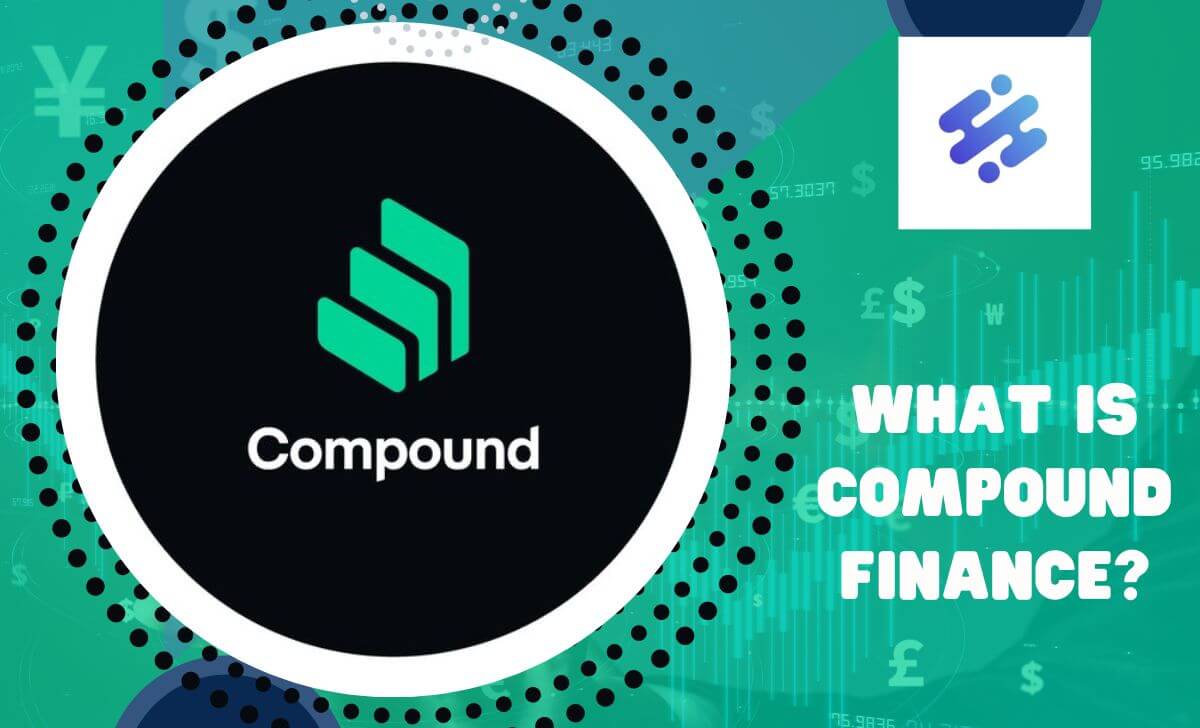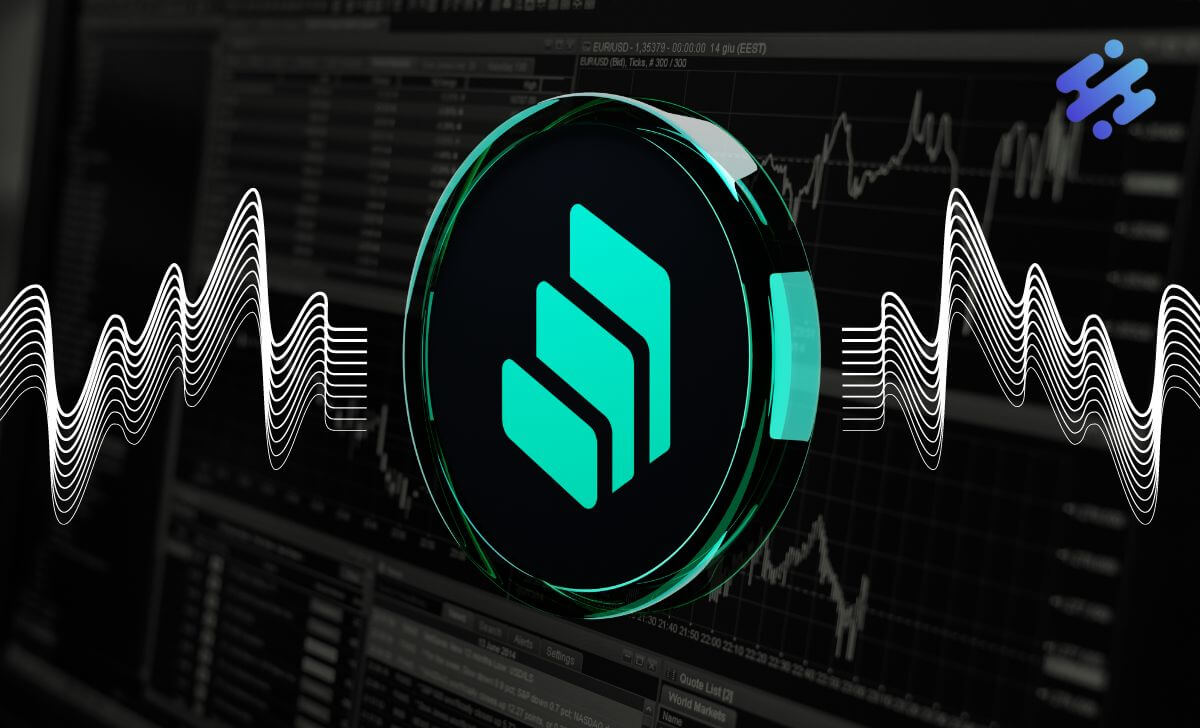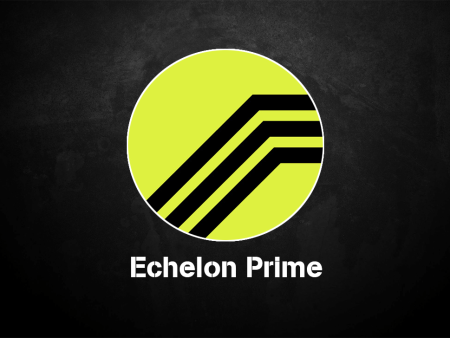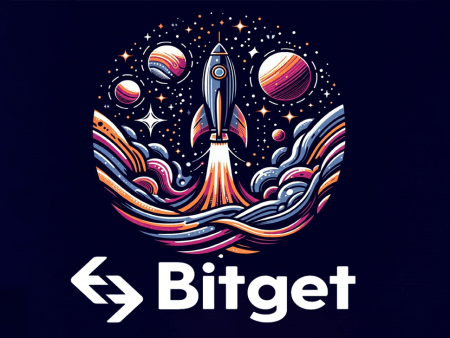Compound Finance is one of the Lending and Borrowing protocols in the DeFi market developed primarily on Ethereum that provides significant improvements to traditional lending and borrowing while retaining the basic concepts.
Through this article, AZCoin will provide you with detailed information about the Compound Finance project.
What is Compound Finance?

Compound is a decentralized finance platform that allows users to Lend and Borrow cryptocurrencies. Lenders can earn profits from depositing cryptocurrencies into the platform. Borrowers can get loans quickly and without revealing personal information.
To understand how Compound works, you can imagine it as a bank, but the difference is that there is no direct communication between lenders and borrowers. Investors put their tokens in a Liquidity Pool and those who want to borrow money will receive money from that Liquidity Pool. The Liquidity Pool is a network of smart contracts that will execute transactions.
Compound Finance is a permissionless lending protocol that requires no third-party intervention. Deposited assets are stored in smart contracts called Liquidity Pools and interest rates are automatically adjusted based on supply and demand.
The protocol is built on smart contracts that automatically calculate interest rates and issue loans, eliminating the need for intermediaries. Overall, Compound Finance acts as an open marketplace where lenders and borrowers meet, without the need for third-party intervention.
How Compound Works

What problem does Compound solve?
Compound Finance has been solving two main problems with blockchain assets:
- Very limited lending mechanism: This contributes to mispricing of assets (e.g. “scam coins” with unverifiable valuations).
- Blockchain assets have negative yields: significant storage costs and risks (both on exchanges and forex), with no natural interest rate to offset those costs. This contributes to the asset’s volatility and instability.
How COMP Works
With the Compound Protocol, users can deposit crypto as lenders or withdraw it as borrowers. Instead of lending directly to others, lenders combine their assets into pools of assets from which users can borrow.
However, users can only borrow a USD value of cryptocurrency that is lower than the collateral they have provided (e.g. 60% of collateral). The amount they can borrow depends on the liquidity and market capitalization of the collateral.
When you lend crypto on Compound, you receive a corresponding amount of cTokens.
Unlike legacy lending, interest rates are neither fixed nor agreed upon by the two parties involved in the transaction. Instead, with Compound, interest rates are determined by supply and demand and are continuously updated by a complex algorithm.
Typically, when there is high demand for an asset, interest rates increase for both those lending and borrowing money. This motivates lenders to lend more and deters borrowers from taking on excessive debt. Lenders also have the option to withdraw their assets whenever they choose.
If a user has borrowed more than they are allowed to due to a decline in the value of the asset they provided as collateral, they are at risk of having that collateral liquidated. The holder of the borrowed asset can choose to liquidate the collateral and buy it at a discount. Alternatively, the borrower can repay a portion of their debt to increase their borrowing capacity above the liquidation threshold and continue as normal.
What is COMP Token?

Compound (COMP) is an ERC-20 standard token launched to serve as the core cryptocurrency for Compound Finance. Voting rights in Compound Finance’s governance mechanism are tied to the COMP token.
To ensure flexible governance of the protocol, Compound allows token holders to delegate voting rights to themselves or to any other address of their choice. COMP allows holders to make decisions on all important changes that need to be made to the protocol.
COMP token holders can also propose changes to the Compound Finance protocol. Each proposal on the protocol will have a 3-day voting period, after which the voting rights will be in a TimeLock state for at least two days before being implemented. The TimeLock feature was added to prevent proposals from being implemented without approval through the necessary channel.
Some basic information about COMP token

- Token name: COMP Token
- Ticker: COMP
- Blockchain: Ethereum
- Token Standard: ERC-20
- Contract: 0xc00e94cb662c3520282e6f5717214004a7f26888
- Total Token Supply: 10,000,000 COMP
- Circulating Supply: 6.856.085 COMP
COMP Token Allocation
COMP tokens are distributed as follows:
- Liquidity Mining : 42.3%
- Shareholders : 24%
- Team 22.5%
- Community : 7.75%
- Future Human Resources : 3.72%
How Tokens Work
Technically, Compound has a total supply of 10 million COMP tokens, 42.3% of which are reserved for distribution to users when they use Compound. For every Ethereum block created, 0.5 COMP is sent from the smart contract to the Compound protocol.
The COMP deposited into the Liquidity Pool will be distributed to each asset type, proportional to the accumulated interest in the market. From there, the COMP is divided 50% for borrowers and 50% for suppliers.
COMP Token Exchange
At the moment, cryptocurrencies like COMP or others such as AAVE and UNI can be traded on several well-known exchanges like Binance, Huobi Global, Coinbase, MXC, and OKX.
To receive special offers when trading for the first time on various platforms, visit the best crypto exchanges 2024 page.
COMP Token Wallet
COMP is an ERC-20 token, so you can store it in wallets that support this standard, such as MetamaskandTrust Wallet.
Project development team
Compound was founded by two long-time business partners, Robert Leshner and Geoffrey Hayes in 2017, and is headquartered in San Francisco.
- Robert Leshner – CEO of the company, an outstanding economist, financial analyst and experienced startup founder.
- Geoffrey Hayes is the CTO and also a name in the crypto world.
Summary
After all, it seems that Compound is one of the rare cases of a DeFi project that works on par with projects like RenVM, which allows for decentralized, secure, and private cryptocurrency swaps between blockchains. To feel more at ease when choosing a project, make sure to carefully read through the Evaluation Process.

I am Tony Vu, living in California, USA. I am currently the co-founder of AZCoin company, with many years of experience in the cryptocurrency market, I hope to bring you useful information and knowledge about virtual currency investment.
Email: [email protected]











